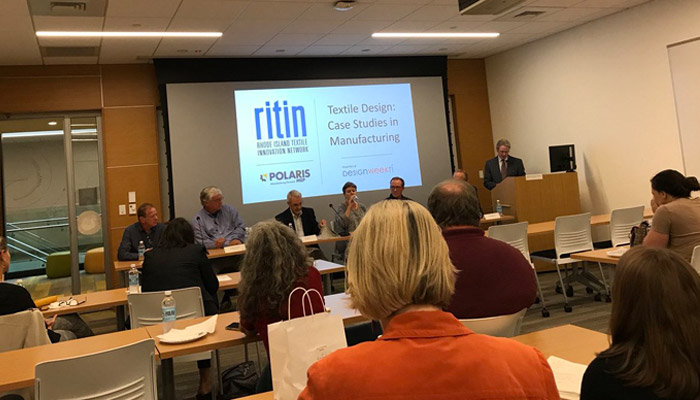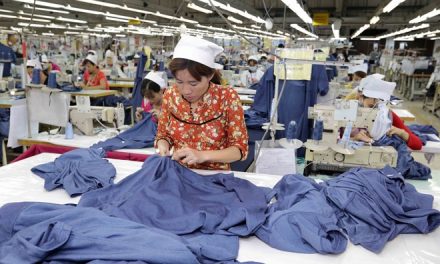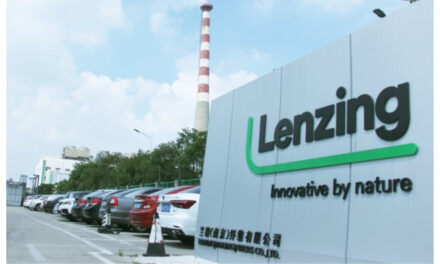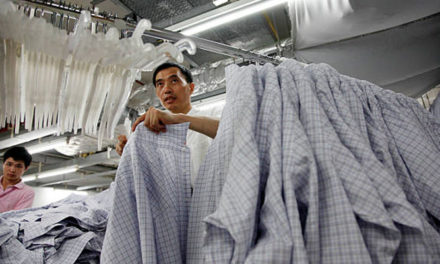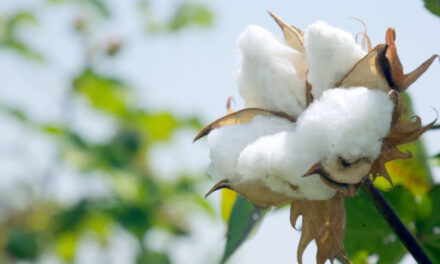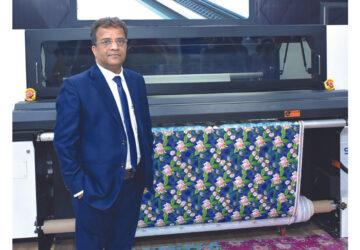The National Council of Textile Organizations (NCTO) has congratulated the state of Rhode Island and its textiles and apparel industry for the official launch of the Rhode Island Textile Innovation Network (RITIN).
At the launch, which took place at the Slater Mill Museum in Pawtucket, RITIN unveiled its new website and held an expo featuring local manufacturers. The activities dovetailed with NCTO’s We Make Amazing campaign promoting the US textiles industry, namely that Rhode Island’s textiles industry is involved in research, development, design and manufacturing of an array of end products and providing career opportunities with on-the-job training and advancement.
“Rhode Island companies make some of the world’s most amazing textiles and are an important cog in the US textiles and apparel supply chain, especially with respect to innovating and manufacturing textiles used by America’s military,” said NCTO President and CEO Auggie Tantillo.
“Thanks to e-commerce and other emerging technologies, the global textile and apparel sector is experiencing an era of rapid change. Rhode Island is to be commended for being proactive in helping to ensure that its industry remains at the forefront in leveraging those changes to America’s benefit.”
RITIN fosters collaboration among textiles industry leaders, designers, academia and government with a mission to make Rhode Island a leader in advanced textile manufacturing and to develop solutions to recruit and train the sector’s future workforce. Created in late 2016 by US Senator Sheldon Whitehouse and the University of Rhode Island Business Engagement Center, RITIN operates with planning grants received in late 2017 from Real Jobs RI and the Rhode Island Commerce Corporation. Polaris MEP, an affiliate of the National Institute of Standards and Technology’s Manufacturing Extension Partnership (NIST MEP) provides RITIN’s programme management.
NCTO is a Washington, DC-based non-for-profit trade association established to represent the full spectrum of the US textiles sector, from fibres to yarns to fabrics to finished products, as well as suppliers of numerous support services such as trucking, banking, chemicals, and other such sectors that have a stake in the prosperity and survival of the US textiles industry. US textiles and apparel manufacturers produced $77.9 bn in output in 2017, and the sector’s supply chain employs 550,000 workers from fibre to finished sewn products.


